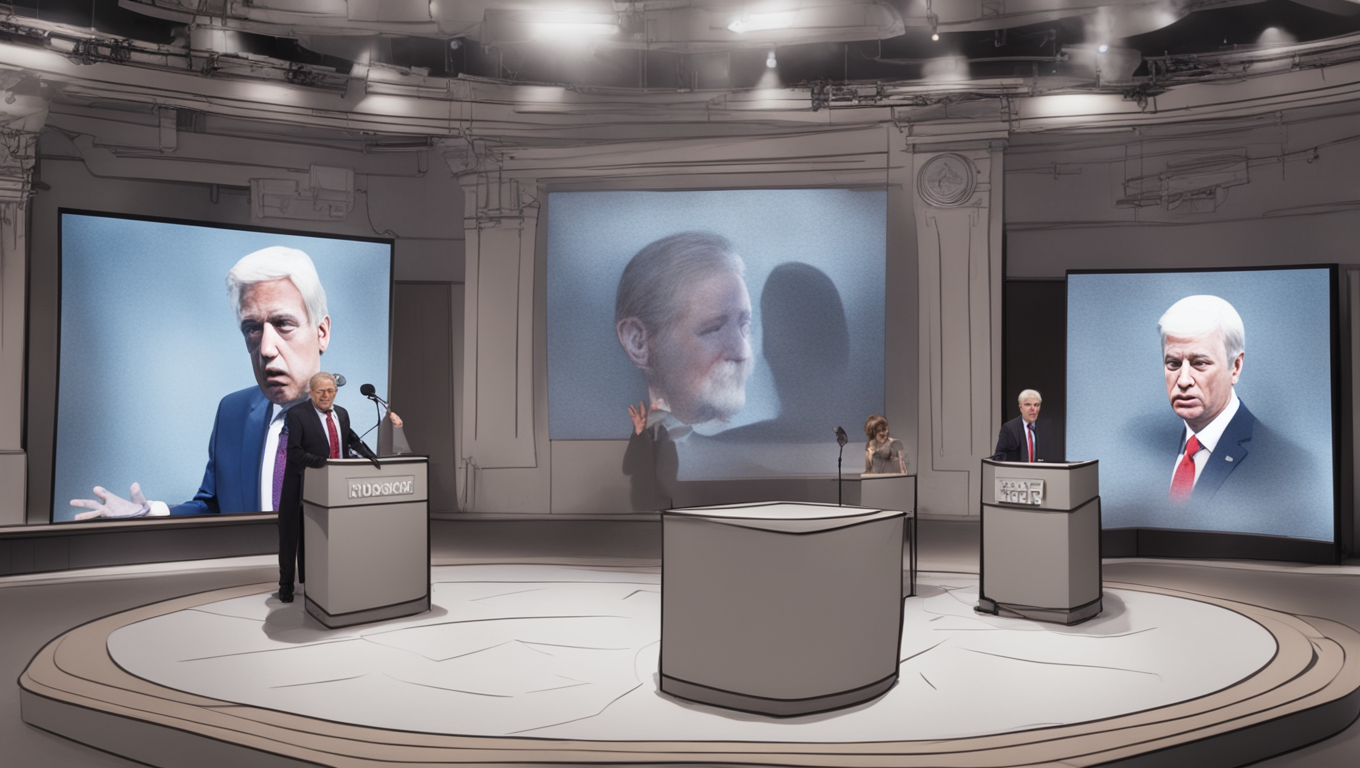March 24, 2024
In the ever-evolving landscape of technology, one phenomenon has risen to the forefront, causing a wave of concern and uncertainty: deepfake technology. Deepfakes are artificial-intelligence-generated videos that can convincingly manipulate images and audio, fooling even the most astute observers. The potential implications of this technology are vast, particularly when it comes to elections.
Hank Stephenson, a seasoned journalist known for his exceptional ability to detect falsehoods and political spin, recently found himself deceived by a deepfake video featuring one of Arizona’s prominent congressional candidates. Watching Kari Lake, the Republican Senate hopeful, speak words crafted by a software engineer left Stephenson grappling with the reality of the situation. The video was produced by his news organization, Arizona Agenda, to highlight the dangers that AI misinformation poses in a critical election year.
This incident serves as a stark reminder of the increasing sophistication of deepfake technology and its potential impact on elections. It raises concerns about the ease with which false information can spread, potentially manipulating public opinion and undermining the democratic process. As the stakes continue to rise in the political arena, the threat of deepfake-generated chaos looms ever larger.
Experts in the field of AI express their concerns about the potential consequences of deepfake technology in the context of elections. Dr. Emily Martinez, a leading researcher at the Institute for Artificial Intelligence, emphasizes the need for public awareness and critical thinking. She states, “Deepfakes have the power to erode trust in our institutions and sow discord among the public. It is crucial for individuals to approach media consumption with skepticism and rely on verified sources.”
The implications of deepfake technology extend far beyond isolated incidents and individual candidates. It poses a systemic threat to the integrity of elections, potentially undermining the democratic principles upon which they are built. “The potential for deepfakes to be weaponized in order to swing elections is deeply troubling. These videos have the ability to blur the line between fact and fiction, making it difficult for voters to discern what is real and what is not,” warns Dr. Sophia Chen, an AI ethics expert.
As we move further into the digital age, the rapid advancement of AI technology demands proactive measures to counter the threats it presents. Organizations, such as journalism outlets and social media platforms, must invest in robust fact-checking systems and employ advanced detection algorithms to filter out deepfake content. Additionally, lawmakers must enact stringent regulations to hold malicious actors accountable for the creation and dissemination of deepfakes.
The battle against deepfakes is not one that can be fought and won overnight. It requires a multifaceted approach involving technological innovation, public education, and legislative action. As Hank Stephenson reflects on the deepfake that momentarily fooled him, he remarks, “This incident serves as a wake-up call. We must remain vigilant in our pursuit of truth, continuously adapting to the challenges posed by new technologies.”
In the face of deepfake-generated chaos, it is crucial that we stay informed, discerning fact from fiction, and safeguard the democratic processes that lie at the heart of our society. Only then can we ensure that our elections remain a true reflection of the collective will of the people.





Use the share button below if you liked it.